Trump’s White House Has Officially Become Saudi Arabia’s Best Investment
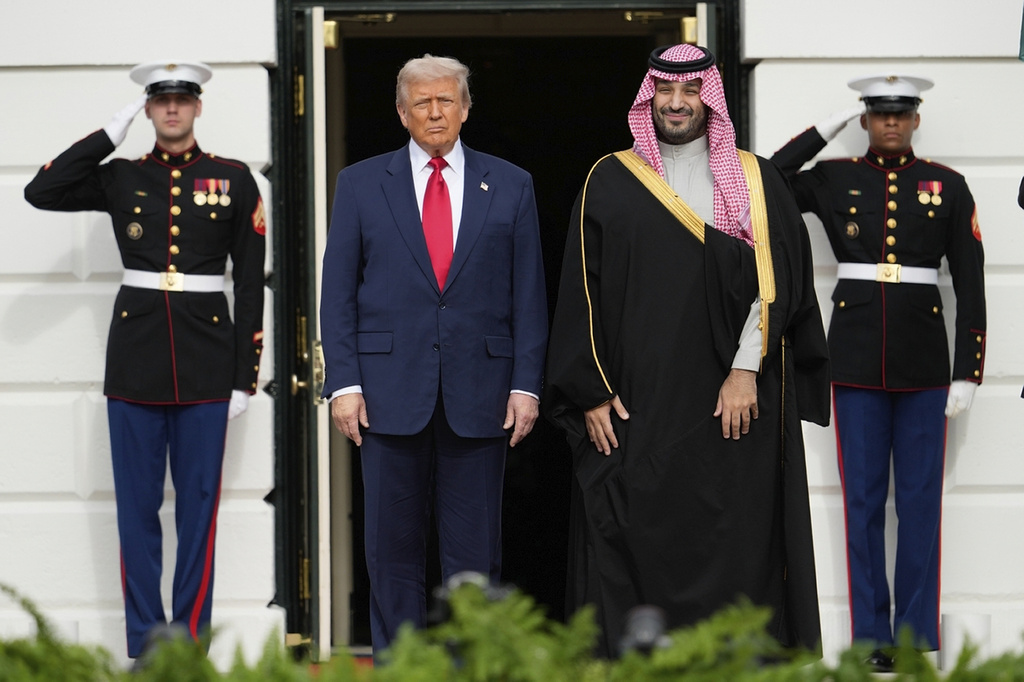
(AP Photo/Mark Schiefelbein)
When the F-35s tore across the sky above the White House on Tuesday—low, loud, and flying in a perfect V—it looked less like a foreign visit and more like a demonstration. Crown Prince Mohammed bin Salman wasn’t just being welcomed back to Washington. He was being showcased, affirmed, and rehabilitated—not despite what happened seven years ago, but because the price had been paid.
Not long ago, this kind of welcome would have been unthinkable. In 2018, the CIA—under Trump’s own leadership—concluded that Mohammed bin Salman ordered the kidnapping, murder, and dismemberment of Washington Post columnist Jamal Khashoggi. For a brief moment, the world understandably treated MBS as a pariah: a ruler so threatened by criticism that he had a journalist butchered for writing what he didn’t want to read. His reputation wasn’t just damaged; it was radioactive.
That reputation began to shift in the precise window after former Trump senior aide — and son-in-law — Jared Kushner left the White House and before President Donald Trump’s return looked plausible—but not impossible. In that stretch of time, the Saudis moved nearly $2 billion into Kushner’s private equity fund. They didn’t disguise it. They didn’t need to. It was the cleanest way to acquire something more durable than favor: a stake.
Yes, former officials have always cashed in. But this is different—in its scale, in its timing, and in the fact that a foreign sovereign wealth fund was essentially taking a position in a political future that might boomerang back into power. This wasn’t the familiar Washington hustle around access and favors. It was a foreign government taking a stake in a political comeback.
And once you see the deal that way, the mechanics become obvious. A financial relationship embeds mutual interest, ties a political family’s long-term wealth to foreign goodwill, and aligns preferences without a word needing to be spoken. This is how capital shapes behavior everywhere else in American life. Politics is simply catching up.
That alignment explains Tuesday’s bizarre and over-the-top ceremony. The horses, the Marine band, the jets—they weren’t concealing the relationship; they were expressing it—a shareholder display dressed up as statecraft.
And crucially, the Saudis never have to call in the investment. The leverage works because it never has to be used. When you’ve seeded billions into a former adviser’s fund, your preferences travel through the same channels as his incentives.
The familiar defense—“everyone does it”—falls apart on inspection. Not everyone gets nearly $2 billion from a foreign monarchy between administrations. Not everyone runs a fund whose success now depends on that monarchy’s goodwill. And not everyone returns to power with that structure still intact.
And when that happens, something subtle but profoundly dangerous occurs. Policy doesn’t get bought. It drifts.
The crown prince who ordered a journalist murdered and dismembered now receives an F-35 salute from an American president—not because the crime was forgiven, but because $2 billion invested in Jared Kushner’s fund made it irrelevant. In that calculus, Khashoggi’s life became a rounding error.
This is the new geopolitical model, and MBS understands it better than anyone. Don’t influence America from the outside. Buy into the families who can return to power. Buy into the ones who can reopen the doors, restore the access, and erase the memory of what happened with a bone saw in a consulate basement.
What happened on Tuesday looked like ceremony, but it read more like a public accounting of who now holds influence.
America is becoming an asset class.
And the bidding has already begun.
This is an opinion piece. The views expressed in this article are those of just the author.
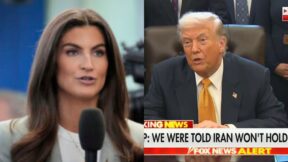

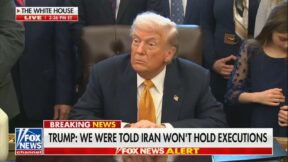
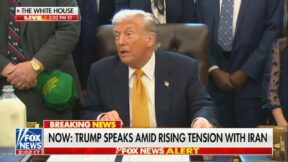
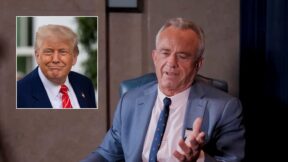
Comments
↓ Scroll down for comments ↓